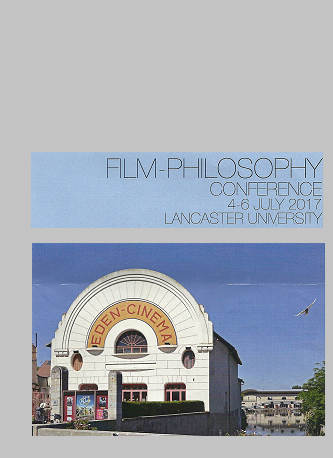‘Little Deviant Acts: Claire Denis, Trouble Every Day and Nietzsche’s vehemence of drives in Daybreak’

Film-Philosophy Conference (2017).
Panel presentation.
Lancaster University, 4-6 July 2017.
‘The film is terrible. There is no redeeming context’ – such was one critic’s immediate evaluation of Trouble Every Day (2001); the film, by director Claire Denis, the ‘first full-blown scandal’ of that year’s Cannes festival, where (so we are told) some of the audience ‘booed and walked out’ (Guardian 14.05.01). Why all the fuss? Set in contemporary Paris, the film focuses upon Coré and Shane in the aftermath of an off-grid and underground biochemical experiment into the libido. Desire, lust, sex! – and cannibalism! Coré and Shane are overwhelmed by drives which neither they nor the ones they love are – ultimately – able to overcome.
Such an exploration of drives in Trouble Every Day is also the fundamental question of Friedrich Nietzsche’s Daybreak (1881). Nietzsche identifies ‘no more than six’ different methods for overcoming an overwhelming drive: ‘avoiding opportunities, implanting regularity… engendering satiety and disgust… associating it with a painful idea… [the] dislocation of forces and finally a general weakening and exhaustion’ (D 109). However – and this is Nietzsche’s unsettling proposition – ‘that one desires to combat the vehemence of a drive at all… does not stand within our own power; nor does the choice of any particular method; nor does the success or failure of that method’ (D 109).
This paper will claim it is just this unsettling proposition of Daybreak that is explored in Trouble Every Day. And Denis, while traversing each of Nietzsche’s possible methods of mastery, will – in the end – abandon Coré and Shane to their drives and stymie any cinematic escape. The film – in this way – refuses the redemptive conventions of the horror film. But then, as Nietzsche puts it, ‘little deviant acts are worth more!’ (D 149).
Conference website | No transcript available as yet